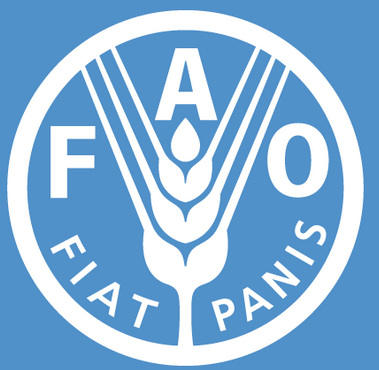FAO calls for urgent response to food crisis in the Horn of Africa
 As widespread drought conditions in the Horn of Africa have intensified since the failure of the October-December rains, the Food and Agriculture Organisation (FAO) has called for an immediate response to the food crisis in member states.
As widespread drought conditions in the Horn of Africa have intensified since the failure of the October-December rains, the Food and Agriculture Organisation (FAO) has called for an immediate response to the food crisis in member states.
FAO in a report available on its website estimates over 17 million people currently in crisis and emergency food insecurity levels in member-countries of the Intergovernmental Authority on Development (IGAD),
The member countries in need of urgent humanitarian assistance are: Djibouti, Eritrea, Ethiopia, Kenya, Somalia, South Sudan, Sudan and Uganda.
The report further points out that close to 12 million people across Somalia, Ethiopia and Kenya are in need of food assistance, as families face limited access to food and income, together with rising debt, low cereal and seed stocks, and low milk and meat production.
A pre-famine alert has been issued for Somalia and an immediate and at scale humanitarian response is highly required, it said.
Acute food shortage and malnutrition, the report says remain a major concern in many parts of South Sudan, Sudan (west Darfur) and Uganda’s Karamoja region, warning that if response is not immediate and sufficient, the risks would be massive and the costs high, according to the report.
“The magnitude of the situation calls for scaled up action and coordination at national and regional levels. This is, above all, a livelihoods and humanitarian emergency – and the time to act is now,” Maria Helena Semedo, the FAO Deputy Director-General, Climate and Natural Resources, was quoted as saying in the report.
“The drought situation in the Region is extremely worrying, primarily in almost all of Somalia but also across Southern and South-eastern Ethiopia, and northern Kenya. As a consequence, with the next rains at least eight weeks away and the next main harvest not until July, millions are at risk of food insecurity across the region,” she added.
Repeated episodes of drought have led to consecutive failed harvests, disease outbreaks, deteriorating water and pasture conditions and animal deaths, it noted.
By Pamela Ofori-Boateng
Copyright ©2017 by Creative Imaginations Publicity
All rights reserved. This news item or any portion thereof may not be reproduced or used in any manner whatsoever without the express written permission of the publisher except for the use of brief quotations in reviews.
